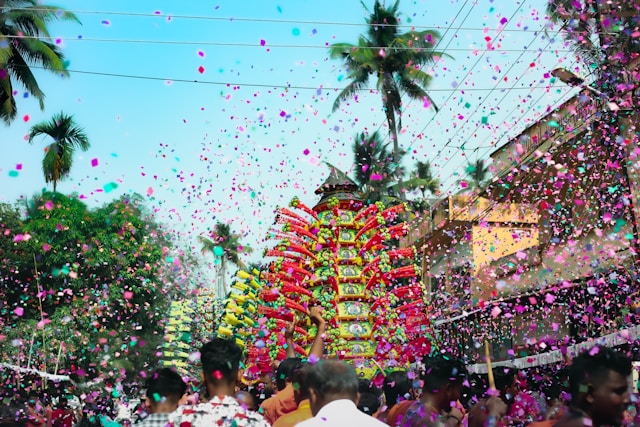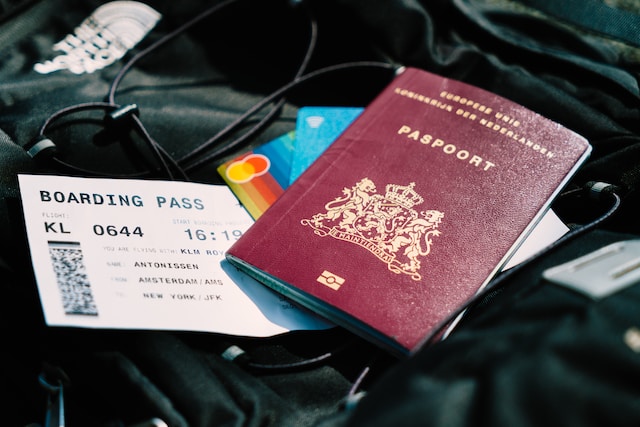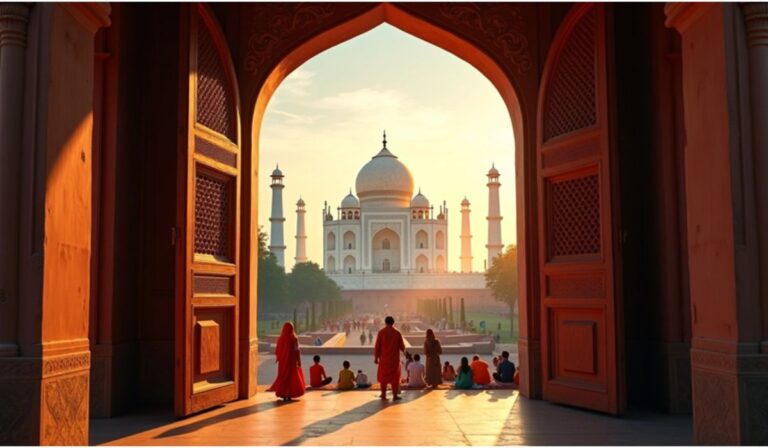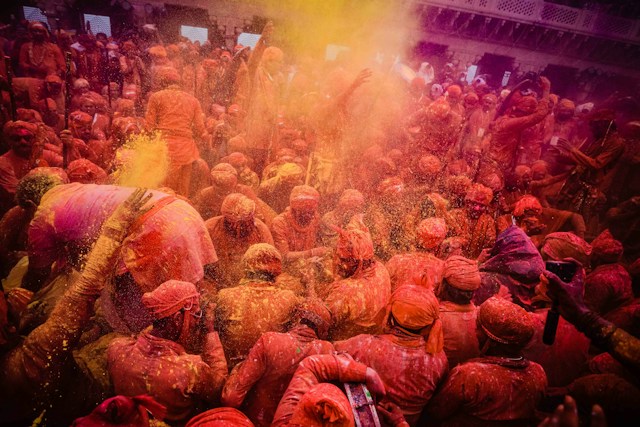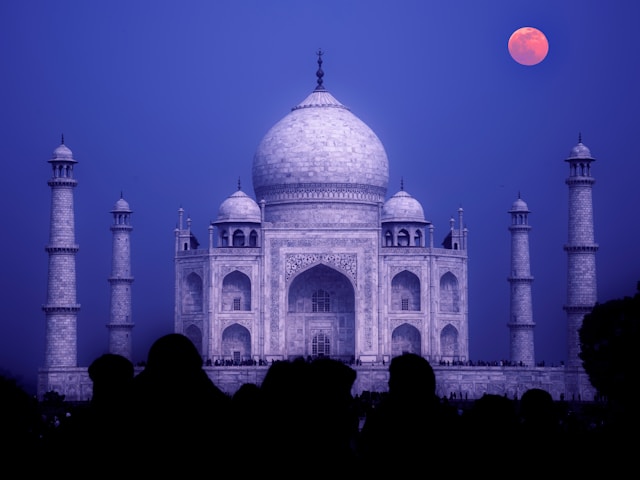Traditions and Customs in India – A Cultural Kaleidoscope
India’s vibrant tapestry is woven with a rich blend of traditions and customs that have withstood the test of time. From ancient rituals and beliefs to modern-day practices, the country’s cultural heritage is a kaleidoscope of diversity and spiritual significance. This travel guide invites you to explore the captivating world of Indian traditions and customs, offering insights into the beliefs, rituals, and practices that shape the fabric of Indian society.
Religious Traditions and Rituals
India is a land of diverse religions, and each faith has its own unique traditions and rituals. Hinduism, the predominant religion, is deeply rooted in ancient texts, mythology, and symbolic customs. Witness the colorful festivals, temple rituals, and auspicious ceremonies that are an integral part of Hindu culture. Similarly, explore the rich traditions of Islam, Sikhism, Buddhism, and other faiths that have left an indelible mark on India’s cultural landscape.
Travel Tip: Respectfully observe and participate in religious ceremonies and rituals, adhering to local customs and dress codes. Consider hiring a knowledgeable guide to gain a deeper understanding of the cultural significance behind these traditions.
Weddings and Celebrations
Indian weddings and celebrations are vibrant affairs, steeped in age-old traditions and customs. From the intricate henna designs and colorful attire to the lavish ceremonies and joyous festivities, these events offer a unique glimpse into the country’s rich cultural heritage. Attend a traditional Indian wedding or join in the revelry of regional festivals to experience the warmth, hospitality, and vibrant spirit that define these celebrations.
Travel Tip: Be mindful of cultural sensitivities and seek permission before photographing or participating in wedding ceremonies or celebrations.
Culinary Traditions and Etiquette
India’s culinary traditions are a reflection of its diverse cultures and beliefs. From the vegetarian-friendly cuisine of the north to the spice-laden flavors of the south, Indian food is a celebration of flavors, aromas, and age-old cooking techniques. Observe the intricate rituals and etiquette surrounding food preparation and consumption, such as the significance of eating with the right hand and the practice of serving guests first.
Travel Tip: Embrace the local culinary customs and traditions by participating in cooking classes or dining with local families for an authentic and immersive experience.
Traditional Crafts and Textiles
India’s rich textile and craft traditions have been passed down through generations, each region boasting its unique styles and techniques. From the intricate embroidery and block printing of Rajasthan to the exquisite silk weaving of Varanasi, these traditional crafts are not only artistic masterpieces but also hold deep cultural significance. Explore the vibrant world of Indian crafts and textiles by visiting local artisans and engaging with the communities that keep these traditions alive.
Travel Tip: Support sustainable tourism initiatives and fair-trade practices by purchasing authentic handicrafts directly from the artisans or government-approved emporiums.
Folk Traditions and Performing Arts
India’s diverse regions are home to a rich tapestry of folk traditions and performing arts that have been woven into the cultural fabric for centuries. From the vibrant folk dances and music of states like Rajasthan and Gujarat to the intricate puppetry traditions of Andhra Pradesh and Karnataka, these art forms offer a window into the country’s cultural heritage. Attend folk festivals, village gatherings, or local performances to witness the vibrant traditions and artistic expressions that have been passed down through generations.
Travel Tip: Respectfully participate in local folk traditions and performances, embracing the opportunity to learn about the cultural significance and historical context behind these art forms.
Sustainable Tourism and Cultural Preservation
As a traveler, it is crucial to appreciate and contribute to the preservation of India’s rich cultural heritage and traditions. Support sustainable tourism initiatives that empower local communities, promote responsible practices, and prioritize the conservation of traditional crafts, arts, and customs. Engage with local organizations, stay in eco-friendly accommodations, and participate in cultural exchange programs to ensure your travel experiences have a positive impact on the communities you visit.
Travel Tip: Research and support responsible tourism organizations and initiatives that prioritize cultural preservation, environmental sustainability, and ethical practices.
Must-Know Facts for Travelers
- India is home to diverse religious traditions, including Hinduism, Islam, Sikhism, Buddhism, and others, each with its own unique customs and rituals.
- Indian weddings and celebrations are vibrant affairs, steeped in age-old traditions and customs.
- Culinary traditions and etiquette play a significant role in Indian culture, reflecting diverse regional influences and beliefs.
- Traditional crafts and textiles, such as embroidery, block printing, and silk weaving, hold deep cultural significance and are integral to India’s heritage.
- Folk traditions and performing arts, like vibrant dances, music, and puppetry, offer a window into the country’s diverse cultural tapestry.
- Sustainable tourism practices and cultural preservation efforts are crucial for safeguarding India’s rich traditions and customs.
Immersing yourself in the rich tapestry of Indian traditions and customs is a journey of cultural discovery and appreciation. By embracing these age-old practices with respect and an open mind, you’ll not only gain a deeper understanding of India’s vibrant heritage but also forge meaningful connections with the warm and welcoming people who call this land their home.
Subscribe to Our Newsletter for Exclusive Travel Offers!

